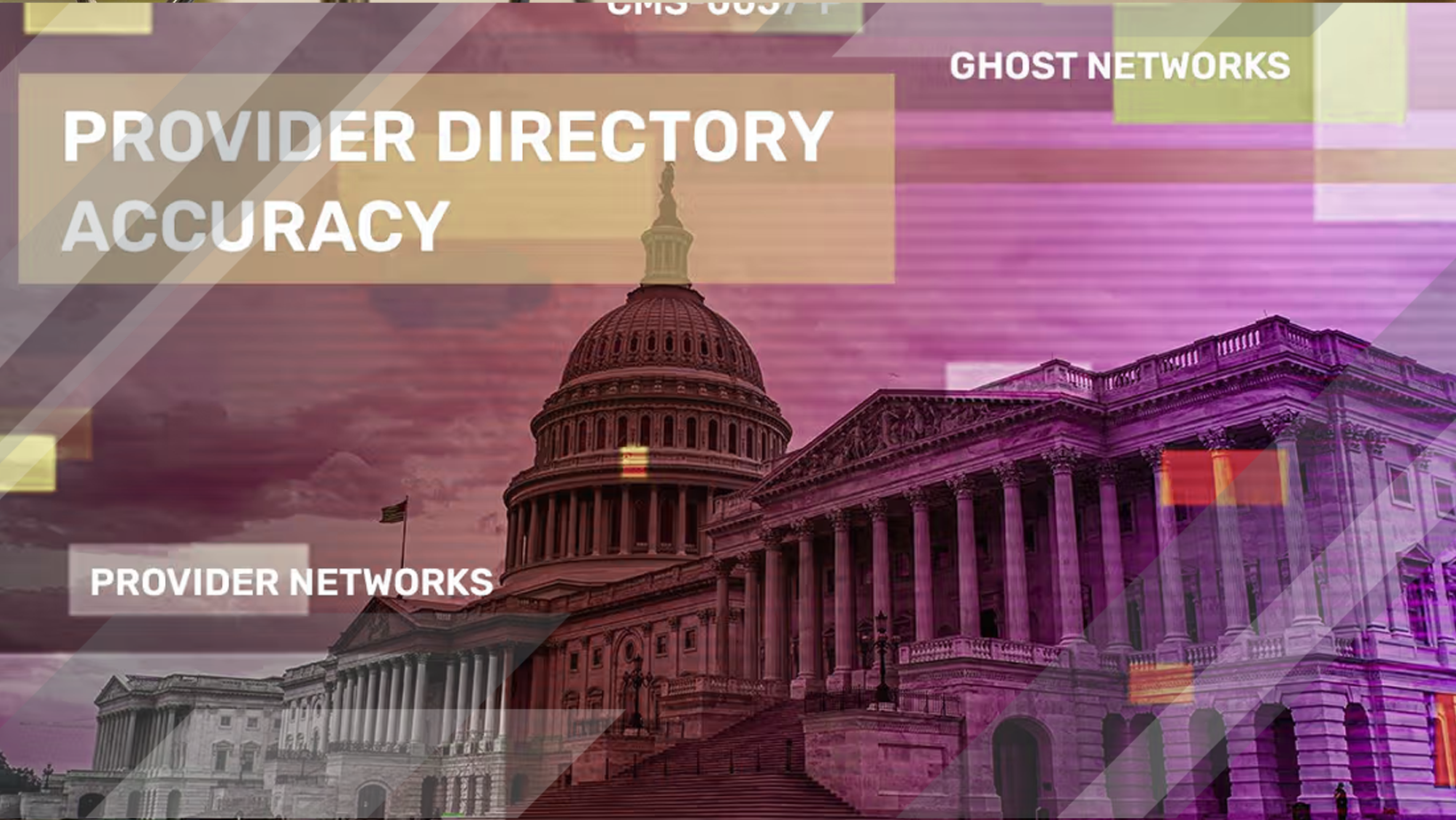Federal Report Reveals Inaccurate Mental Health Provider Listings in Medicare Advantage and Medicaid Plans
Ghost Networks in Mental Health Coverage: A Wake-Up Call for Insurers
A new federal watchdog report has exposed a troubling flaw in the nation’s mental health coverage infrastructure — one that could reshape compliance and oversight for years to come.
The Office of Inspector General (OIG) at the Department of Health and Human Services found that many Medicare Advantage and Medicaid managed care plans are listing mental health providers who don’t actually offer care to members. These so-called “ghost networks” are more than just an administrative hiccup — they represent a significant barrier to care for millions of Americans.
"When a patient calls a dozen providers and can’t get an appointment, that’s not a network — it’s a mirage."
— Senior Health Policy Analyst, Office of Inspector General
The Scope of the Problem
The OIG’s analysis spanned 40 Medicare Advantage and 20 Medicaid managed care plans in 10 counties across Arizona, Iowa, Ohio, Oregon, and Tennessee. The findings were stark:
-
55% of mental health professionals listed in Medicare Advantage directories weren’t actually seeing patients.
-
28% of those listed in Medicaid managed care directories were similarly unavailable.
Many of these “in-network” providers were retired, had changed jobs, or were working in non-clinical roles. For patients seeking mental health or substance use treatment, these inaccuracies turn access into a maze of disconnected phone calls and dead ends.
Why It Matters for Insurers
Medicare Advantage and Medicaid managed care organizations (MCOs) operate under capitated payment models — they receive fixed payments for each enrollee. That structure rewards efficiency but can also create incentives to limit utilization. At the same time, these plans are required by law to maintain adequate provider networks.
When those networks exist only on paper, regulators and payers face a difficult question: Are beneficiaries really getting the care they’re promised, and are public funds being used effectively?
"Accurate directories aren’t just good practice — they’re compliance tools. Regulators are paying close attention."
— Compliance Consultant, Managed Care Operations
Steps Toward Transparency
The OIG report doesn’t just point out the problem; it offers a clear roadmap forward. Regulators are encouraged to:
-
Leverage medical billing data to verify which providers are actually seeing plan members.
-
Develop a national, searchable directory that allows patients to filter by insurance acceptance and specialty.
-
Strengthen auditing mechanisms to ensure insurers maintain real, not virtual, provider networks.
Industry groups have largely welcomed these recommendations, seeing them as opportunities to rebuild trust and improve mental health access at a time when demand is higher than ever.
A Call for Industry Leadership
As mental health care becomes a central pillar of public health strategy, the insurance industry stands at a crossroads. Transparent, accurate provider listings are no longer a back-office task — they’re a frontline commitment to patient care and regulatory integrity.
The challenge is not only to meet compliance benchmarks but to embrace transparency as a core value. For insurers, getting network data right isn’t just about avoiding penalties; it’s about demonstrating reliability in a sector that millions of Americans depend on for some of their most critical health needs.
"The credibility of mental health access depends on whether patients can actually find the care they’re promised."
— Health Policy Researcher, National Behavioral Health Council


